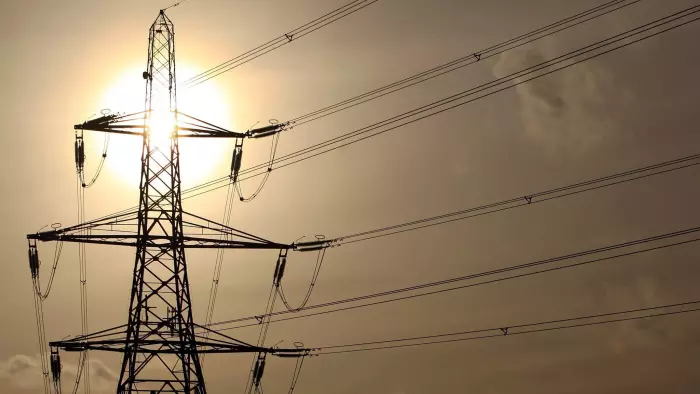California plan would pay utilities more if energy use falls
By Knight Ridder Tribune
Substation Relay Protection Training
Our customized live online or in‑person group training can be delivered to your staff at your location.

- Live Online
- 12 hours Instructor-led
- Group Training Available
The California Public Utilities Commission unveiled a proposal to create financial incentives for utilities such as PG&E to get their customers to use less power, with the threat of big fines if they do not. The plan would help meet the aggressive targets of the state's landmark global-warming law passed last year, which calls for drastic cuts in the amount of carbon emissions Californians produce.
"This is one of the most important regulations on utility efficiency in history," said Ralph Cavanagh, co-director of the energy program of the Natural Resources Defense Council, a non-profit environmental advocacy group.
"In California, it's the culmination of a whole host of steps to provide efficiency leadership, but it's precedent-setting for the nation." Opponents say California, which has some of the highest electricity rates in the nation, already is spending enough money to cut energy consumption.
"We pay for the energy efficiency anyway but now we have to pay the utility managers to get up and brush their teeth in the morning?" was the angry reaction of Bill Marcus, a consultant for the consumer watchdog group The Utility Reform Network, TURN. "There was no evidence that the utilities need this amount of money."
If the commission approves the new rules as expected next month, California's four large investor-owned utilities could earn up to $323 million over three years for cutting energy use.
If the utilities fail to do so, they could pay up to $500 million in penalties.
"We want utility management to be willing to invest as much in energy efficiency as in power plants," said California Public Utilities Commissioner Dian Grueneich, who sponsored the proposal. The PUC expects the program to save the state's energy customers about $2.4 billion before 2008, primarily because utilities would have to build fewer transmission lines and power plants.
The energy savings also would cut about 3.4 million tons of carbon dioxide from the air next year, according to the state's draft proposal. But opponents like Marcus say California's commission already approved $2.2 billion for energy-efficiency programs from 2006 to 2008.
They dispute the PUC's estimates for savings, arguing that the new rules will end up costing ratepayers even more on their monthly bills. John White, executive director of the Center for Energy Efficiency and Renewable Technologies, said the new rule gives utilities extra money to do the right thing.
"It seems to me that for regulated entities that are earning double-digit guaranteed rates of return, they ought to be doing this because it helps their customers," White said. Unlike many other states, California regulates how publicly owned utilities earn profits by "decoupling" electricity rates, eliminating the financial incentive for the companies to simply sell more power to make more money.
As a result, California already has strong appliance- and building-efficiency standards. While energy use per person for the United States overall has risen 50 percent, the amount of energy consumed per capita in California has remained flat over the past three decades.
With the new rule, consumers can expect to see large utilities - including Northern California's Pacific Gas & Electric - promote more energy-efficiency programs such as asking customers to turn down their air conditioners during the hottest part of the day.
PG&E supports the plan.
"The alternative would be building more energy and that's clearly not the best way of meeting all of our environmental goals," said Keely Wachs, environmental communications manager for the utility.











